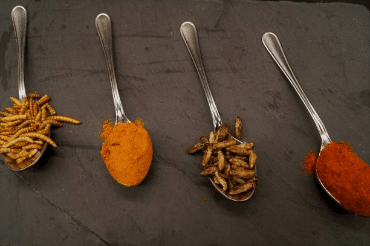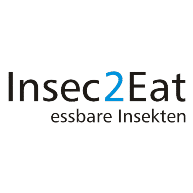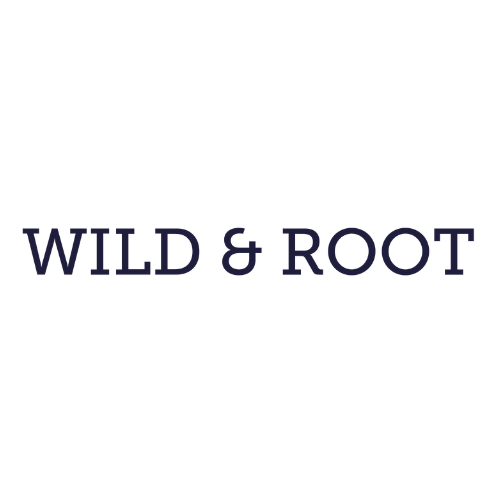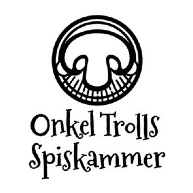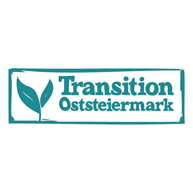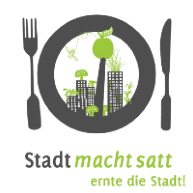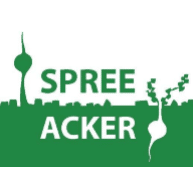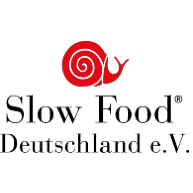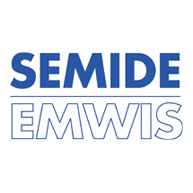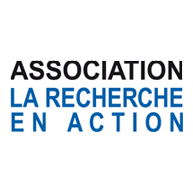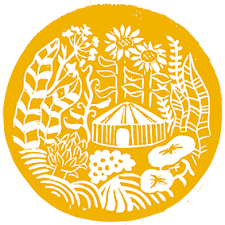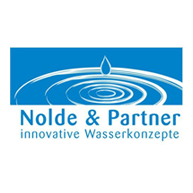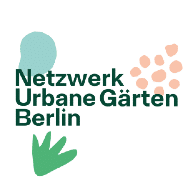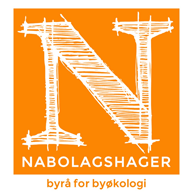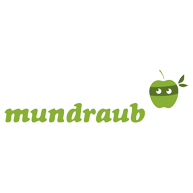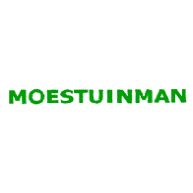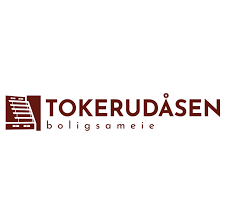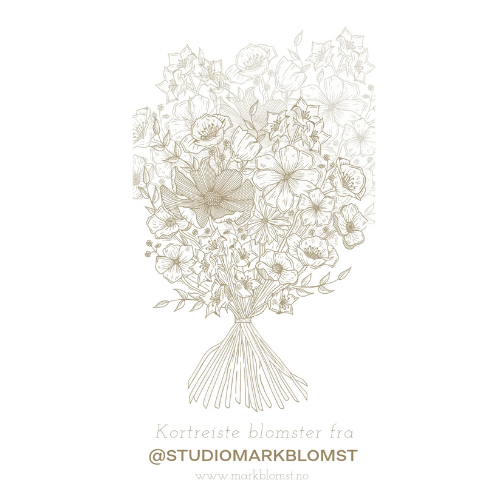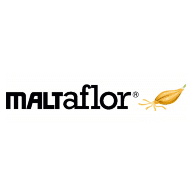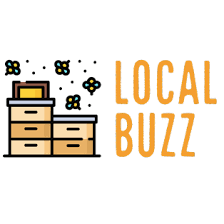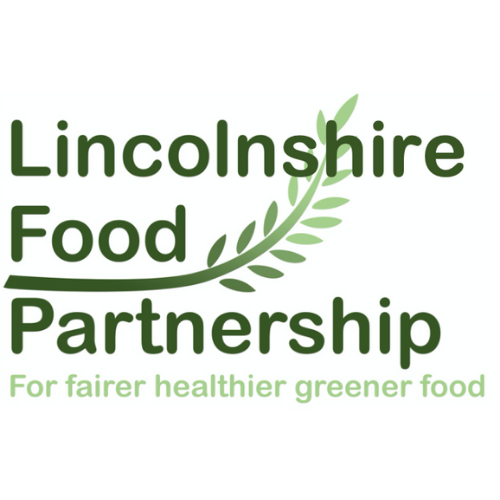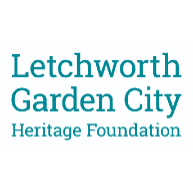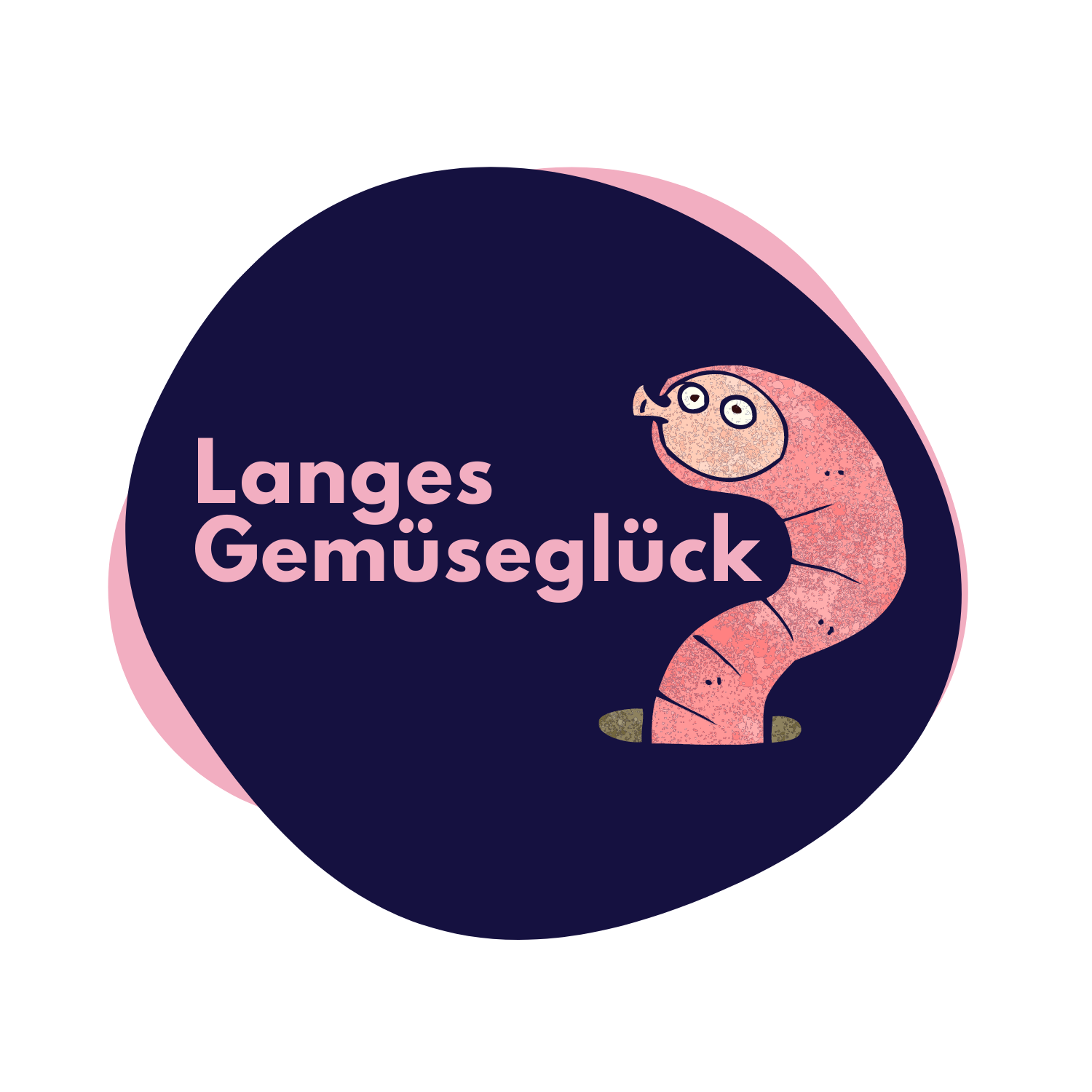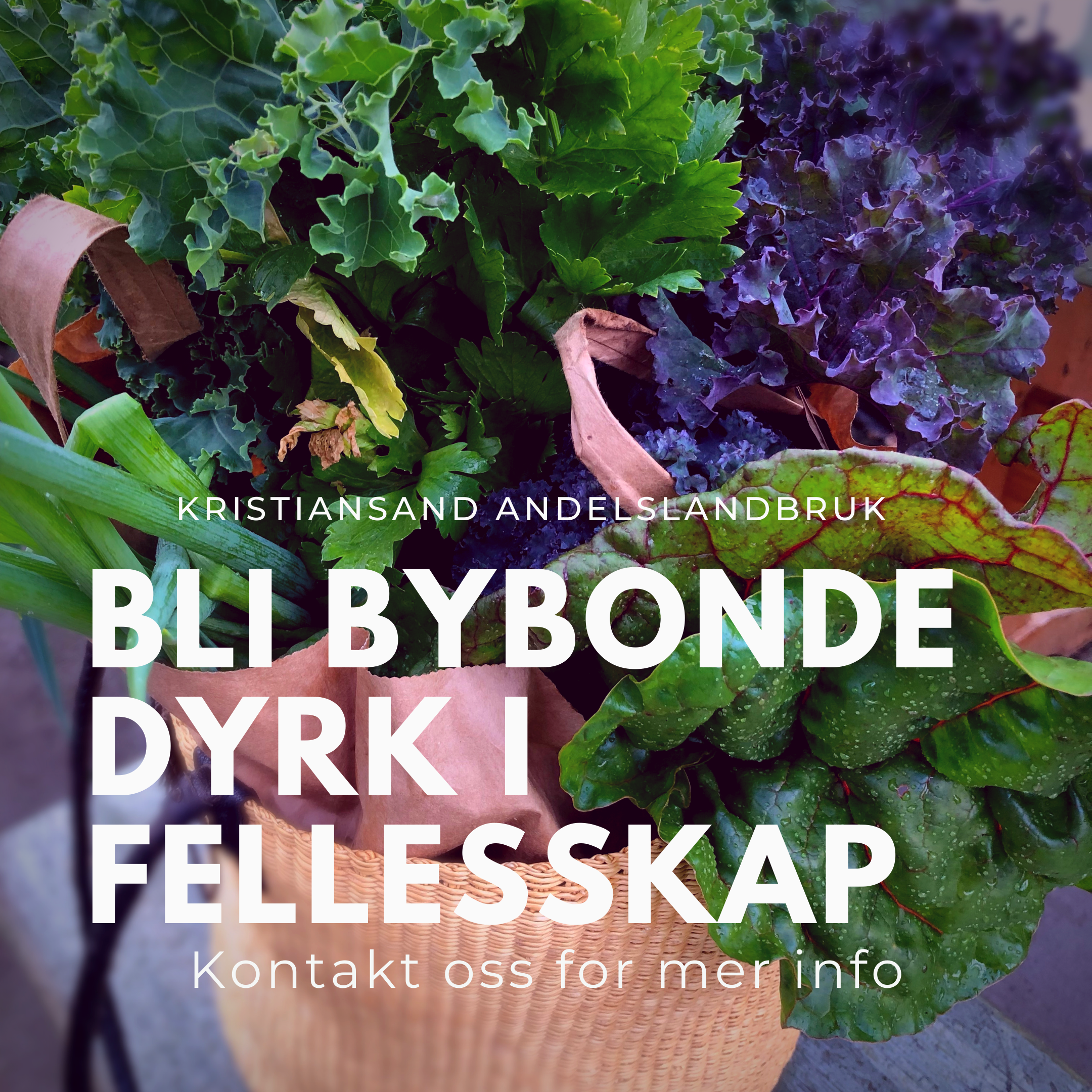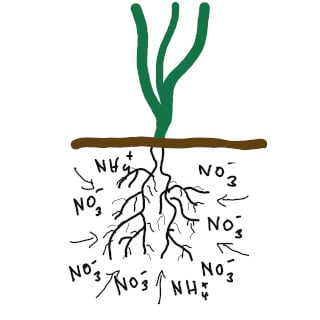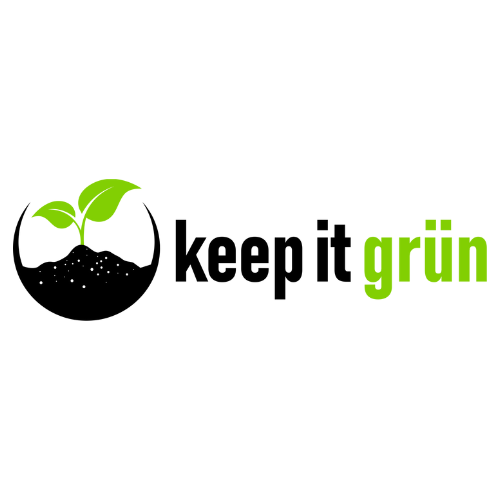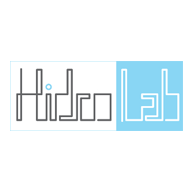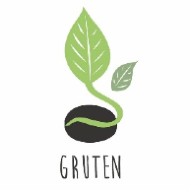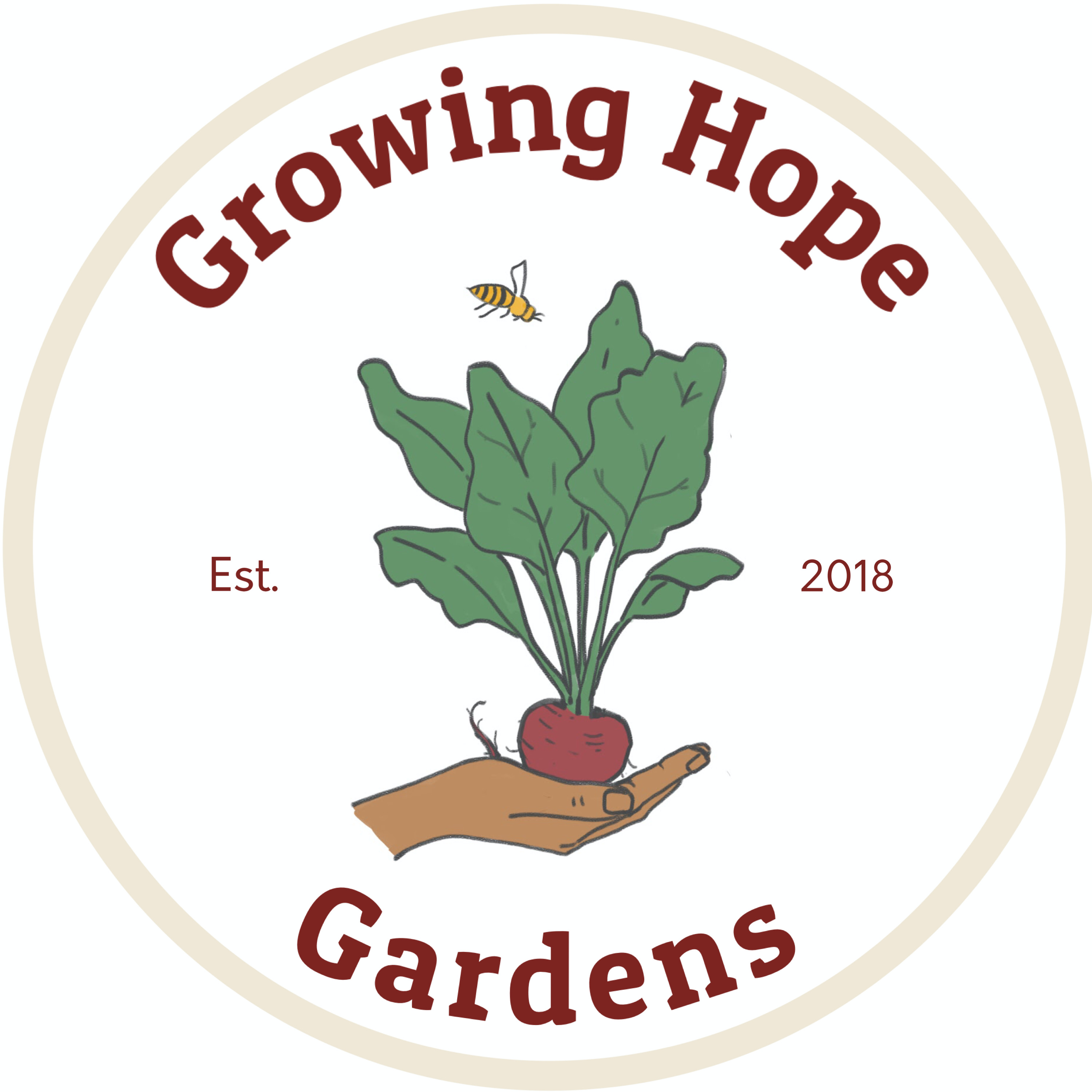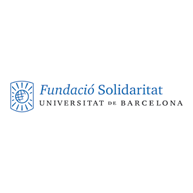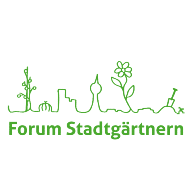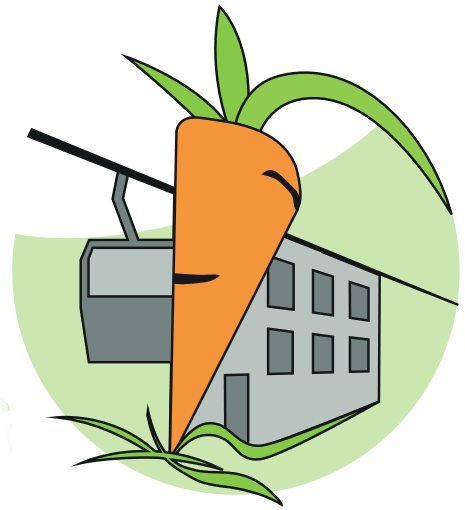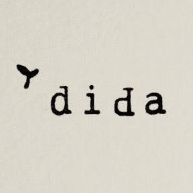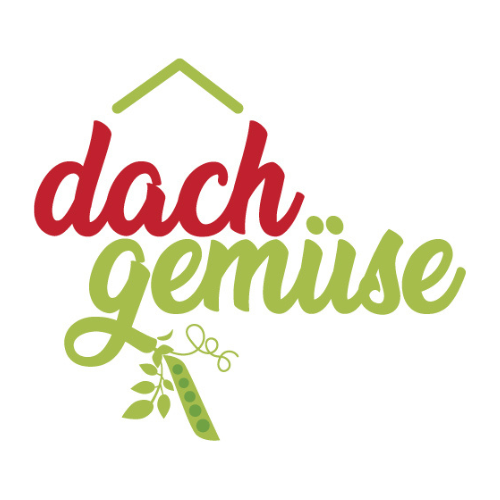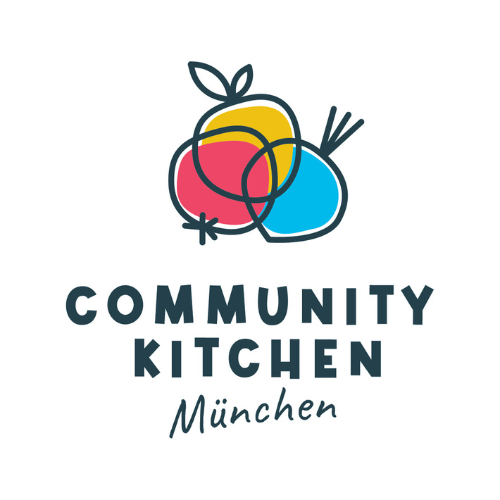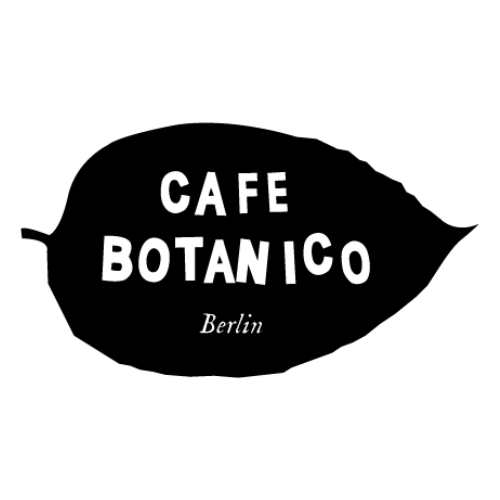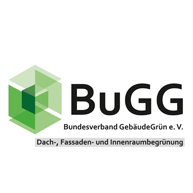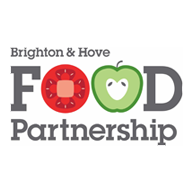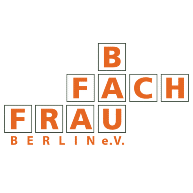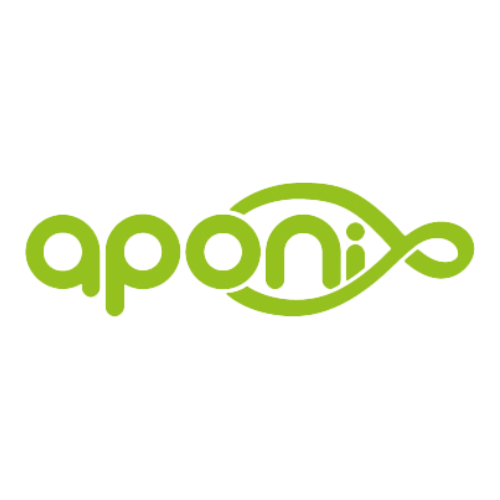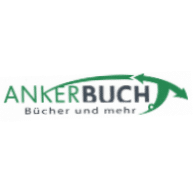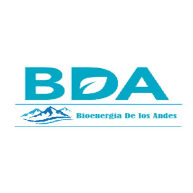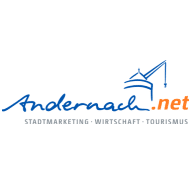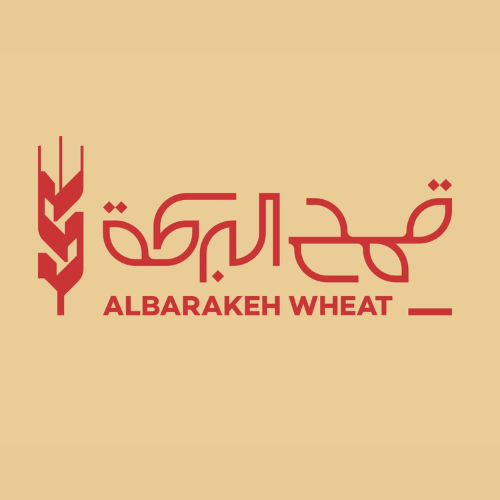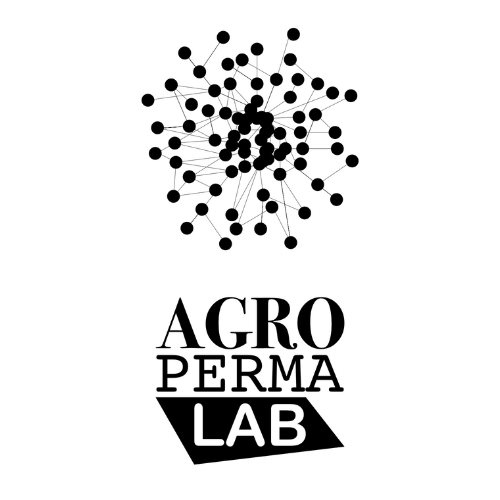Insec2Eat
Food made from insect flour, or insect food for short, a sustainable, alternative source of protein with many advantages for healthy eating and our environment. Insec2Eat wants to face this challenge and make insect food known. Many people in Germany shy away from unknown diets, especially when it comes to edible insects. The reasons for this are mostly poor education and natural disgust. Precisely because of this sensitive product, Insec2Eat has set itself the task of putting taste, sustainability and quality first. The breeding of edible insects is inherently sustainable. For this very reason, Insec2Eat continues there and only produces in Germany and only uses biodegradable packaging. To give the products a unique taste, our chilli rillis, crispbread and crackers are handmade according to original recipes. These measures are also decisive for the quality of the products.
If we do not concentrate soon on alternative food concepts that are also sustainable, there is a risk that we will knock ourselves out. Factory farming and monocultures in conventional agriculture will not withstand in the long run. More and more animals that need more and more space, that consume immense resources for their breeding, a no-go.; This is exactly the starting point where I want to go and integrate insect food into people’s menus. Insect food consists partly of insect flour. Insect meal from freeze-dried insects consists of 50-70% protein which stimulates muscle growth through the protein and is also sustainable for the environment, through the resource-saving breeding of insects. Since insects do not need much space for their breeding, they can also be bred in small warehouses in the city.
7.8 billion people need food, but traditional resources are no longer sufficient. What can we do to avoid hunger while protecting the environment?; Solution; Over 2 billion people worldwide eat insects or insect products. Insects contain between 50-70% proteins, important nutrients such as vitamins B2 & B12, healthy omega-3 fatty acids, and trace elements (iron, zinc, magnesium, potassium, etc.).; -healthy; -rich in essential nutrients and trace elements; -space-saving in breeding; -consume only 1/10 of the resources of conservative animal husbandry; -are bred according to strict HACCP rules; -can be a varied alternative to conventional nutrition; -no pesticides or antibiotics are used for breeding, only organic feed.
Updates für diese Seite an EdiCitNet schicken
Wir freuen uns, wenn du uns Updates für diese Seite per E-Mail schickst.

